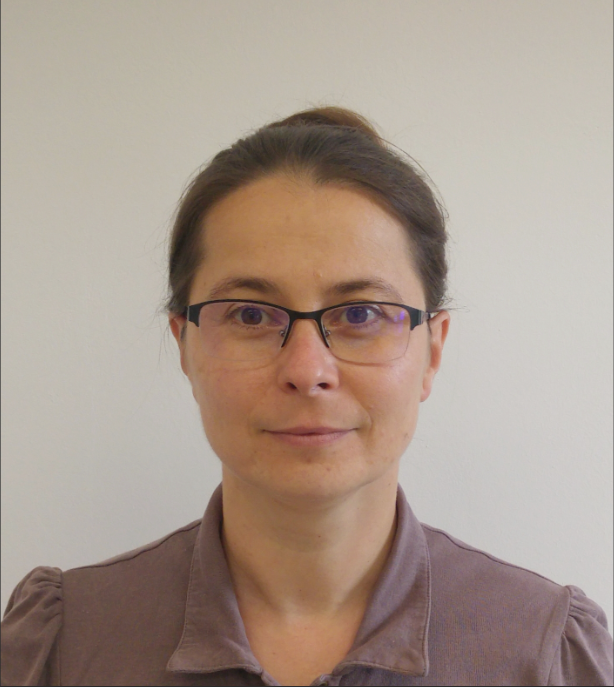
Events

Events
 Technical University of Cluj-Napoca, Romania, in 2019. She is currently a full professor at the Technical University of Cluj-Napoca, Romania. She has previously held research positions in the Netherlands and in France. Her research interests include observer and controller design for nonlinear systems, in particular Takagi-Sugeno fuzzy systems, which adapt the advantages of linear time-invariant system-based design to nonlinear systems, with applications in several fields. She has co-authored 2 books, 28 journal papers, and more than 70 conference papers. She has given invited talks in France, Spain, and the Czech Republic, and has obtained research funding in excess of 500kEuros as principal investigator. She is an Associate Editor for IEEE Transaction on Fuzzy Systems and Engineering Applications of Artificial Intelligence and board member of Fuzzy Sets and Systems. She has been chair and program chair and also organized several successful open invited tracks and special sessions at prestigious conferences. She also serves as a reviewer for major grant agencies in Romania and Europe.
Technical University of Cluj-Napoca, Romania, in 2019. She is currently a full professor at the Technical University of Cluj-Napoca, Romania. She has previously held research positions in the Netherlands and in France. Her research interests include observer and controller design for nonlinear systems, in particular Takagi-Sugeno fuzzy systems, which adapt the advantages of linear time-invariant system-based design to nonlinear systems, with applications in several fields. She has co-authored 2 books, 28 journal papers, and more than 70 conference papers. She has given invited talks in France, Spain, and the Czech Republic, and has obtained research funding in excess of 500kEuros as principal investigator. She is an Associate Editor for IEEE Transaction on Fuzzy Systems and Engineering Applications of Artificial Intelligence and board member of Fuzzy Sets and Systems. She has been chair and program chair and also organized several successful open invited tracks and special sessions at prestigious conferences. She also serves as a reviewer for major grant agencies in Romania and Europe.
Abstract
Finding and tracking an unknown number of targets is a classic problem in robotics. In this talk, we consider localizing an unknown number of static targets, motivated by finding litter on the ocean floor. Both the single and multi-robot setting, i.e., when a single robot or several (heterogeneous) robots have to explore an environment to find as quickly as possible the targets is analyzed. Among the several approaches existing in the literature, we focus on multi-target filtering, using an intensity-function representation and provide path-planning algorithms in several scenarios. Each agent detects and receives measurements only from close-enough targets. We start with a single agent and propose a path-planning algorithm that decides on the next waypoint by balancing the exploration of unseen parts of the environment and the refinement of the location of detected targets. The algorithm is then generalized to multi-robot systems. An important issue is that in this case the low-level control or the actual trajectory leading to the waypoint is not taken into account when deciding on the next waypoint, and measurements are only taken at the waypoints. Next, we exploit the information of the (predicted) trajectory and assume that targets can be detected and measurements can be taken along the way. Thus, the path-planning is modified to combine the information gain from the (predicted) measurements, exploration of unseen parts, and the control effort. Finally, a multi-agent setting is considered and -- in order to reduce the computation and communication costs -- taking measurements is only enforced intermittently, when new information is expected. Simulations and real-robot experiments confirm that the proposed algorithms perform better than the baselines.

Shanghai Jiao Tong University
Address: 800 Dongchuan Road, Shanghai
200240